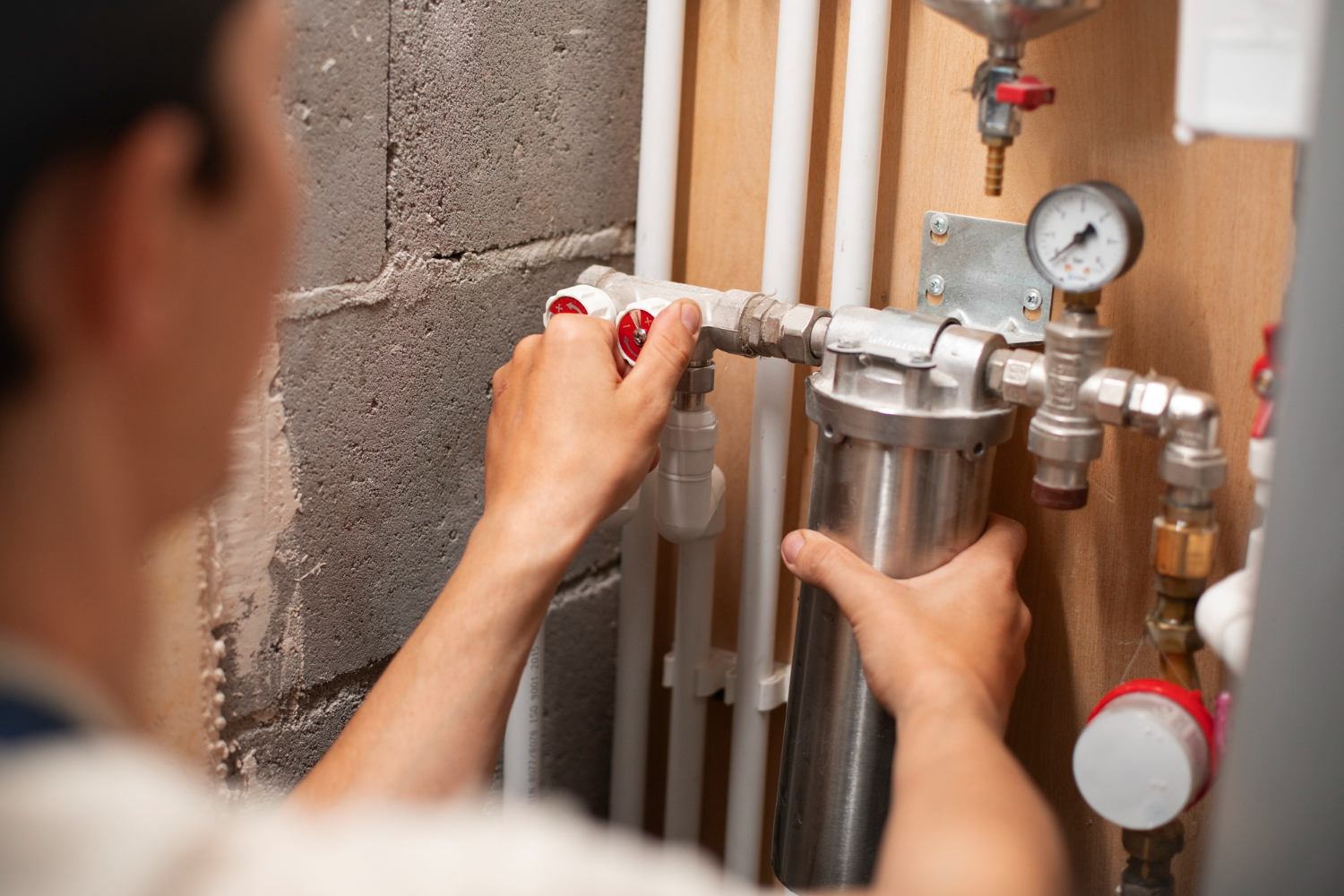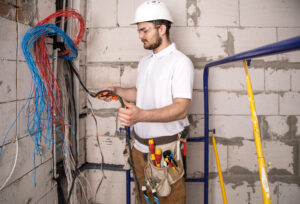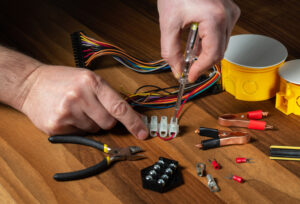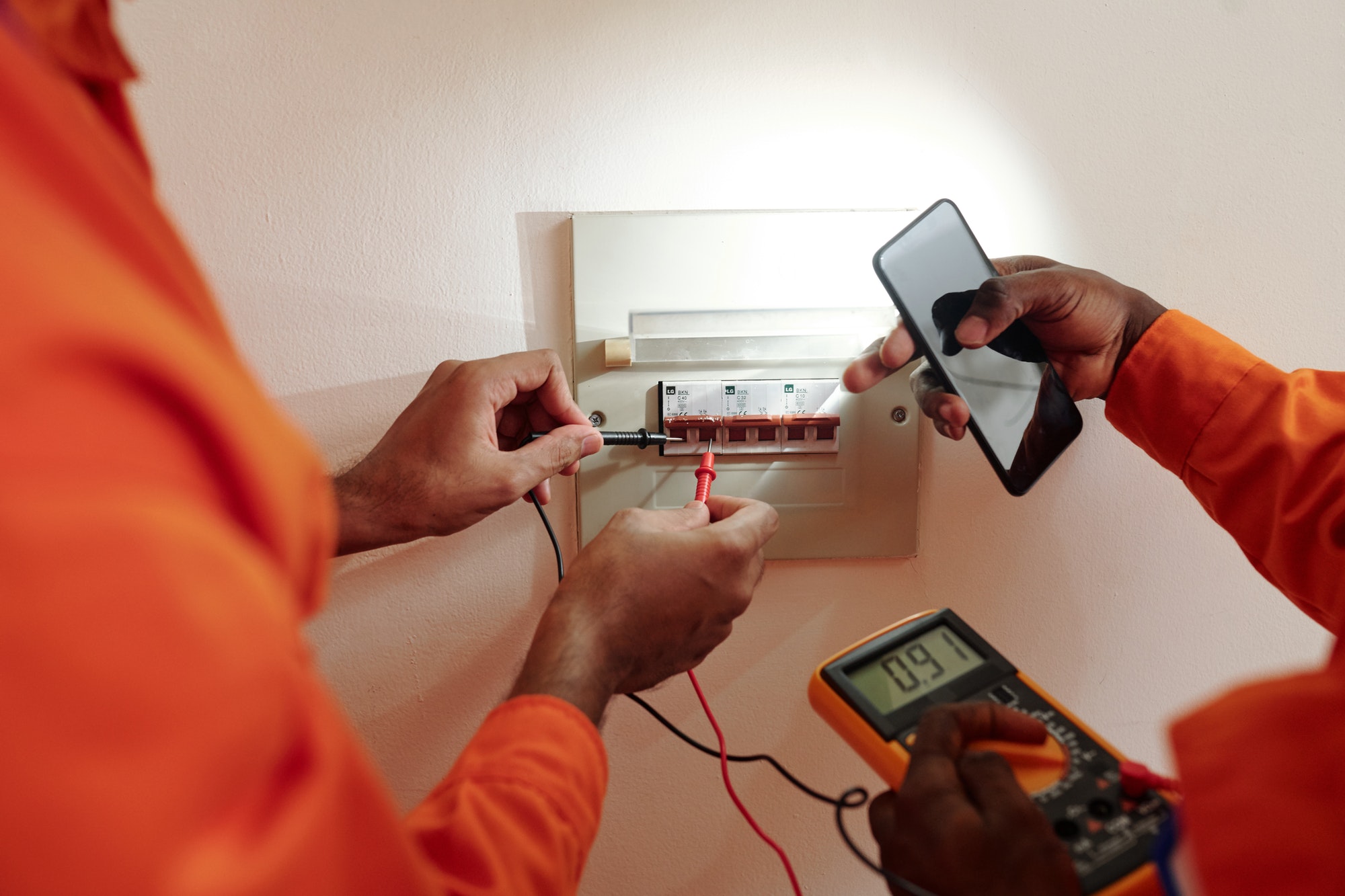Electric water heaters are essential appliances in many homes, providing hot water for bathing, cleaning, and other household tasks. However, like any mechanical system, electric water heaters can experience failures and malfunctions over time. Understanding the common causes of electric water heater failures and implementing preventive measures can help you avoid costly repairs and ensure uninterrupted hot water supply. Here are some of the most common causes of electric water heater failures and tips on how to prevent them:
- Sediment Buildup: Sediment, such as minerals and debris, can accumulate at the bottom of the water heater tank over time. This buildup can insulate the heating element, reducing its efficiency and causing it to overheat. Eventually, sediment buildup can lead to corrosion, leaks, and premature failure of the water heater.Prevention: Regularly flush your water heater to remove sediment buildup. Follow the manufacturer’s recommendations for flushing intervals and procedures. Installing a sediment filter on the cold water inlet line can also help prevent sediment from entering the tank.
- Corrosion: Corrosion is a common problem in water heaters, especially in areas with hard water or acidic conditions. Corrosion can weaken the tank walls, causing leaks and reducing the lifespan of the water heater.Prevention: Consider installing a sacrificial anode rod in your water heater. An anode rod attracts corrosive elements in the water, sacrificing itself to protect the tank from corrosion. Inspect the anode rod regularly and replace it if it shows signs of corrosion or depletion.
- Thermostat Issues: Faulty thermostats can cause the water heater to produce insufficient hot water or maintain excessively high temperatures, leading to overheating and potential scalding hazards.Prevention: Test the thermostat periodically to ensure it is functioning correctly. If you notice inconsistent water temperatures or other signs of thermostat malfunction, such as frequent cycling or no hot water, replace the thermostat as soon as possible.
- Heating Element Failure: Electric water heaters rely on heating elements to heat the water inside the tank. Over time, heating elements can degrade due to mineral buildup, corrosion, or electrical issues, resulting in decreased heating efficiency or complete failure.Prevention: Regularly inspect the heating elements for signs of damage or deterioration, such as corrosion or scaling. If you notice any issues, replace the heating elements promptly to prevent further damage to the water heater.
- High Water Pressure: Excessive water pressure can strain the water heater’s components, leading to leaks, bursts, and other failures. High water pressure is often caused by a faulty pressure relief valve or a malfunctioning pressure regulator.Prevention: Install a pressure relief valve on the water heater to release excess pressure and protect the tank from damage. Monitor water pressure regularly and adjust the pressure regulator as needed to maintain safe levels.
- Leaking Tank: Leaks in the water heater tank can result from corrosion, worn seals, loose fittings, or other factors. Even minor leaks can lead to water damage and structural issues if left unaddressed.Prevention: Inspect the water heater regularly for signs of leaks, such as puddles of water or dampness around the tank. Check the fittings, connections, and seals for tightness and integrity. Replace any damaged components or seals promptly to prevent leaks.
- Old Age: Like any appliance, electric water heaters have a limited lifespan. As water heaters age, they become more prone to failures and malfunctions due to wear and tear on internal components.Prevention: Monitor the age and condition of your water heater and consider replacing it before it reaches the end of its expected lifespan. Investing in a new, energy-efficient water heater can save you money in the long run by reducing energy costs and minimizing the risk of unexpected failures.
By understanding the common causes of electric water heater failures and taking proactive measures to prevent them, you can ensure the continued performance, efficiency, and safety of your water heater. Regular maintenance, including flushing, inspecting, and replacing components as needed, is key to extending the lifespan of your water heater and avoiding costly repairs or replacements. If you’re unsure about how to maintain your water heater or troubleshoot potential issues, consult with a qualified plumber or HVAC technician for expert advice and assistance.







